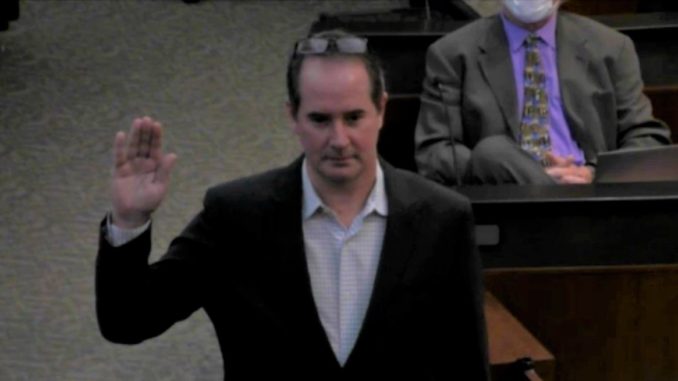
Within minutes of being seated in their new positions last night (Dec. 8), the freshly elected conservative majority of the Chico City Council made good on campaign promises to crack down on illegal camping in the city’s parks and along waterways by passing an ordinance to immediately upgrade the criminality of breaking park rules.
Previously, camping and other violations of park rules could be enforced by administrative citation or as an infraction punishable by a fine; the action taken last night—passed as an “urgency ordinance” to allow it to take effect the following day (Dec. 9)—upgrades such activities to misdemeanors carrying steeper fines and possible jail time. As an urgency ordinance, it will expire in six months
All four council members who won seats in last month’s election—neophytes Kami Denlay and Deepika Tandon, incumbent Sean Morgan, and returning member Andrew Coolidge—voted in favor of the ordinance. That’s unsurprising, as all ran on a slate collectively focused on perceived threats to public safety and quality of life, and specifically zeroed in on breaking up homeless encampments the previous council allowed in keeping with the U.S. Centers for Disease Control guidelines during the COVID-19 pandemic.
Sitting member Kasey Reynolds voted in line with her conservative colleagues, and progressives Scott Huber and Alex Brown voted against the ordinance, resulting in a 5-2 conservative victory—a tally that’s likely to become the new norm in city council politics.
Several public comments submitted online via the Engaged Chico platform decried the new ordinance as an attempt to criminalize homelessness and poverty—similar to the sit/lie and similar ordinances targeting the homeless population passed by past city councils. Some citizens, as well as council members Brown and Huber, also criticized making camping a criminal offense while the city has failed to provide other shelter options.
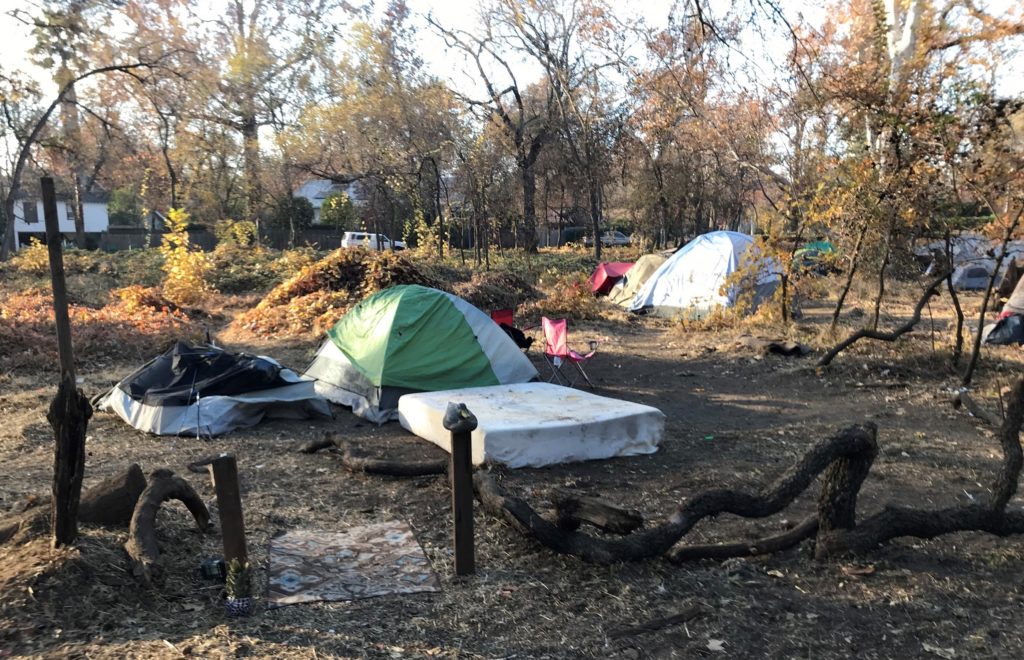
“Until we have adequate sheltering alternatives in place, be that a campground, shelter beds, affordable housing options or ideally all of the above, we are indeed putting the cart before the horse as it relates to people living in public spaces,” said Brown. She added that she hopes thus far failed plans to provide those options—utilizing more than $2 million in funding granted last month for the purpose—come to fruition soon.
“Until we see significant progress in that direction I just can’t support implementing more stringent enforcement of laws that we have on the books,” Brown continued. “It’s not just, it’s expensive, it’s been tried and it’s been proven to be ineffective in addressing the core issues of homelessness.”
Hello, goodbye
Last night’s council meeting began with a tearful former Mayor Ann Schwab leading proceedings to honor outgoing council members Randall Stone and Karl Ory for their service. When it was Schwab’s turn for a send-off, former Vice Mayor Sean Morgan did the honors, comparing Schwab’s long service to the city to that of another woman who shared the same first name—local historical icon Annie Bidwell.
Then, City Clerk Debbie Presson swore Coolidge, Denlay, Tandon and Morgan into the new city council, whose first act was to name a new mayor and vice mayor. Coolidge and Reynolds were nominated—and unanimously confirmed—to fill those respective positions.
The aforementioned ordinance criminalizing camping and other park violations was passed with little discussion, save some succinct opposition from council members Huber and Brown. The council next voted in favor (6-0, with Brown abstaining) of passing an ordinance allowing the Chico Police Department (CPD) to impound vehicles that are used “in the commission or attempted commission of crimes related to prostitution or illegal dumping.”
The council also heard an update on winter sheltering options, an item that Huber had previously asked to be agendized and was scheduled for discussion Dec. 1. Then-Mayor Schwab canceled that meeting because Butte County election results had not yet been certified, disallowing the new council members from being seated.
During the shelter discussion, City Manager Mark Orme and Homeless Solutions Coordinator Suzi Kochems outlined previous attempts at warming and cooling centers, and reiterated the difficulties the city has faced in finding adequate shelter space. The biggest hurdle, they both said, was finding a building equipped with sprinklers, and Kochems renewed a call for suggestions from the public for a potential usable space.
Before adjourning the meeting, new Mayor Coolidge called for council member requests to agendize future discussions. He himself asked for a report on what portion of Butte County Behavioral Health’s budget is dedicated towards resources in Chico, which he said was a question from citizens he met while campaigning during the recent election.
Council member Morgan asked for the council to look back at two items already passed by the previous council—first, to re-consider his own vote on an action taken at the Nov. 17 meeting regarding Special Planning areas; and the other to take a closer look at how much taxes the city will collect from commercial cannabis activity.
The other requested discussion items offer some insight into where the new council’s public safety priorities and efforts may fall. Vice Mayor Reynolds asked to discuss eliminating a hiring freeze for the CPD. Council member Denlay, in keeping with the newly-elected members’ collective campaign platform, asked the council to look at “banning needle programs” (clean-syringe distribution programs like that previously ran by North Valley Harm Reduction Coalition).
Most of the requests passed unanimously, with the exception of Morgan’s request to discuss cannabis fee schedules (Brown was the sole vote against), and Denlay’s proposed discussion regarding needle programs. That one passed 5-2, along the newly-drawn partisan lines, with Huber and Brown dissenting.

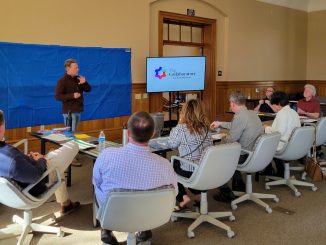
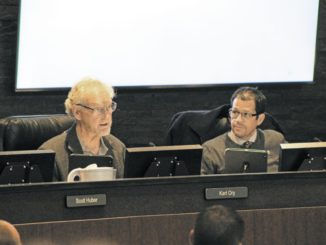
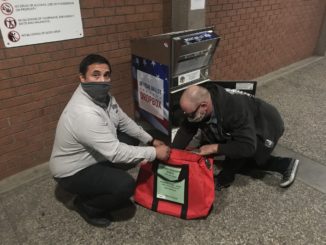
Be the first to comment